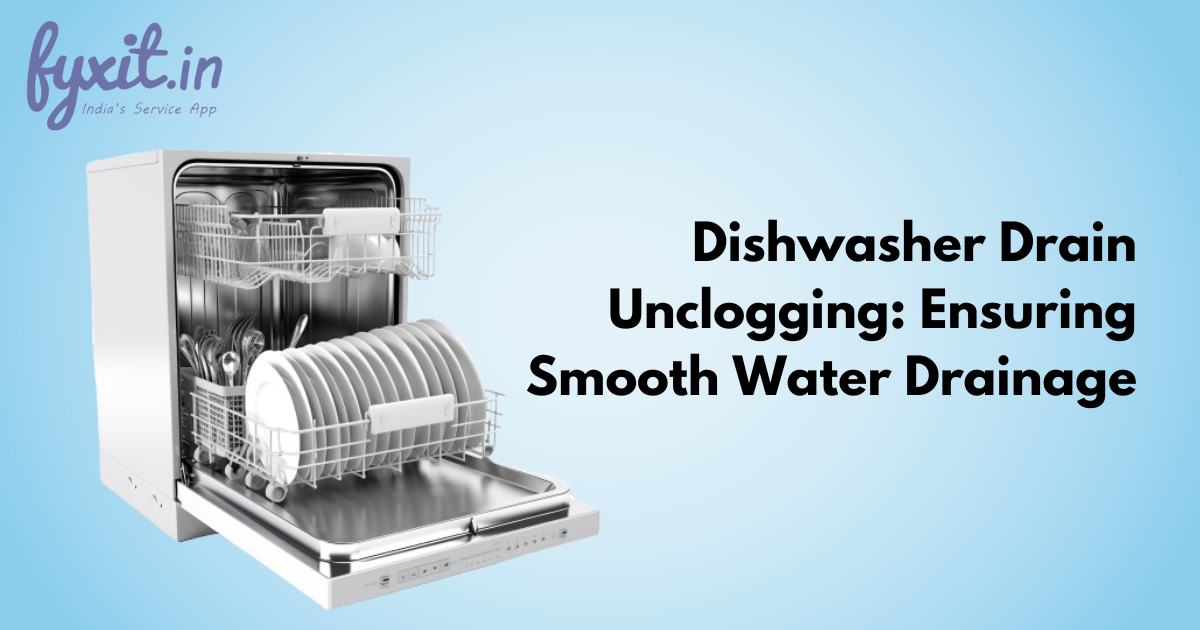The simple pleasure of toasting bread is a daily ritual for many, but in a world increasingly focused on sustainability, even this mundane act can be approached with an eco-friendly mindset. Sustainable toasting involves adopting practices and making choices that minimize environmental impact without compromising on the joy of a perfectly toasted slice. This article explores eco-friendly practices for toast lovers, from ingredient choices to appliance efficiency, aiming to make breakfast a sustainable and satisfying experience.
Table of Contents
Mindful Ingredient Selection
Locally Sourced Bread:
Choosing locally sourced bread is a sustainable practice that supports local farmers and reduces the carbon footprint associated with transportation. Visit local bakeries or farmers’ markets to find freshly baked bread options that contribute to the community and promote sustainable agriculture.
Organic and Non-GMO Ingredients:
Opt for bread made from organic and non-genetically modified organisms (GMO) ingredients. Organic farming practices prioritize soil health, reduce the use of synthetic pesticides, and promote biodiversity. Choosing non-GMO ingredients ensures that the genetic makeup of crops remains natural.
Homemade Bread:
For the ultimate sustainable option, consider making your own bread at home. This allows you to control the ingredients, minimize packaging waste, and tailor the recipe to your preferences. Homemade bread is not only eco-friendly but also offers a unique and personalized touch to your toasting experience.
Energy-Efficient Toasters
Selecting Energy-Star Certified Appliances:
When it comes to toasting, the choice of toaster matters. Energy-Star certified toasters are designed to be energy-efficient, using less electricity while still providing effective toasting. Look for this certification when purchasing a new toaster to ensure a more eco-friendly appliance.
Toaster Ovens for Versatility:
Consider using a toaster oven for toasting bread instead of a traditional toaster. Toaster ovens are generally more energy-efficient, and their versatility allows you to toast larger quantities or even heat small meals without the need for a separate appliance.
Sustainable Toaster Materials:
Some toasters are made from sustainable materials such as bamboo or recycled stainless steel. Choosing a toaster with eco-friendly materials contributes to reducing the environmental impact of the appliance itself.
Reducing Food Waste
Mindful Portioning:
Toasting just the amount of bread you need helps minimize food waste. Be mindful of portion sizes to ensure that you’re not toasting more slices than you can consume, reducing the need to discard leftover slices.
Creative Use of Stale Bread:
Instead of discarding stale bread, get creative with its use. Stale bread can be repurposed into breadcrumbs, croutons, or even used in savory bread puddings. This not only reduces food waste but also adds a sustainable twist to your culinary endeavors.
Toppings and Spreads
Locally Sourced and Seasonal Spreads:
Complement your toast with locally sourced and seasonal spreads. This supports local farmers, reduces the carbon footprint associated with transportation, and ensures that you’re enjoying fresh, in-season produce.
Homemade Spreads and Nut Butters:
Making your own spreads and nut butters at home allows you to control the ingredients, avoid excessive packaging, and reduce the environmental impact associated with commercial production. Experiment with homemade jams, nut butters, or even avocado spreads for a sustainable and flavorful topping.
Eco-Friendly Utensils and Serveware
Reusable Plates and Utensils:
Choose reusable plates and utensils made from sustainable materials like bamboo, stainless steel, or recycled plastic. This reduces the reliance on single-use items and contributes to a more sustainable breakfast routine.
Compostable or Biodegradable Options:
If disposable options are necessary, opt for compostable or biodegradable plates and utensils. These eco-friendly alternatives break down more easily in composting systems, reducing their environmental impact compared to traditional disposable items.
Waste Reduction
Composting Food Scraps:
Rather than discarding food scraps, consider composting them. Fruit peels, crusts, and other compostable food waste can be turned into nutrient-rich compost for your garden. Composting is a simple yet impactful way to reduce kitchen waste.
Recycling Packaging Materials:
Mindfully dispose of packaging materials, ensuring that recyclable items are properly recycled. Check local recycling guidelines and separate recyclables from non-recyclables to contribute to waste reduction efforts.
Sustainable Coffee or Tea Pairing
Fair Trade and Organic Coffee or Tea:
If you enjoy a cup of coffee or tea with your toast, opt for fair trade and organic options. Fair trade ensures that producers receive fair compensation for their work, while organic options reduce the environmental impact of agricultural practices.
Reusable Mugs and Brewing Equipment:
Make your coffee or tea routine more sustainable by using reusable mugs and investing in quality brewing equipment. This reduces the reliance on disposable cups and minimizes the waste associated with single-use coffee pods.
Conclusion
Sustainable toasting is not just about the act of toasting itself; it’s a holistic approach that considers the entire breakfast experience. From mindful ingredient selection to reducing energy consumption and minimizing waste, there are numerous ways toast lovers can contribute to a more sustainable lifestyle. By making conscious choices in the kitchen, individuals can enjoy their morning toast while treading lightly on the planet, fostering a breakfast routine that is both fulfilling and eco-friendly.



